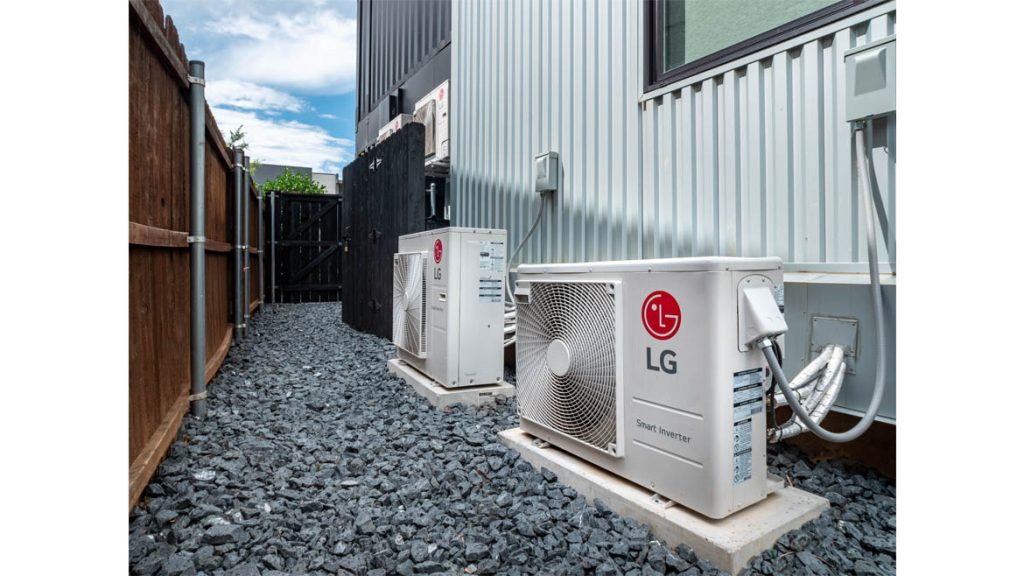In recent years, the drive for more energy-efficient and environmentally friendly home heating solutions has led to significant innovations in heat pump technology. Leading manufacturers have unveiled their latest advancements, promising not only enhanced efficiency but also a greater reduction in carbon emissions. These new models reflect a broader trend towards sustainable living, combining cutting-edge engineering with an increased focus on minimizing environmental impact. One of the most notable developments is the integration of advanced inverter technology, which optimizes the performance of heat pumps by adjusting the compressor speed to meet varying heating demands. This innovation results in a more consistent indoor temperature and reduces energy consumption compared to traditional on/off systems. By operating at variable speeds, these heat pumps can maintain efficiency across a wider range of conditions, making them ideal for homes in diverse climates. Another breakthrough is the adoption of natural refrigerants in place of traditional hydro fluorocarbons HFCs.

These new refrigerants, such as propane or CO2, have a significantly lower global warming potential GWP, addressing one of the major environmental concerns associated with older heat pump models. By switching to these more eco-friendly refrigerants, manufacturers are contributing to a substantial decrease in the overall carbon footprint of heating systems. In addition to these technical advancements, manufacturers have focused on improving the overall user experience with smarter, more intuitive controls. Modern heat pump manufacturers now feature advanced home automation compatibility, allowing homeowners to integrate their heating systems with smart home networks. This connectivity enables remote monitoring and control through smartphones or voice-activated devices, offering greater convenience and the ability to fine-tune heating schedules for optimal energy use. The latest models also emphasize quieter operation, addressing a common complaint from previous generations of heat pumps. Innovations in sound-dampening materials and design modifications have led to significant reductions in operational noise, making these systems less intrusive and more suitable for residential settings where noise levels are a concern.
Additionally, several manufacturers have introduced compact and aesthetically pleasing designs that blend seamlessly with modern home interiors. These units are designed not only for efficiency but also for visual appeal, ensuring that they can be installed in a variety of settings without compromising the overall look of the home. The new generation of heat pumps represents a significant leap forward in the quest for energy efficiency and sustainability. By incorporating advancements such as variable-speed compressors, natural refrigerants, smart controls, and quieter operation, these systems offer homeowners a compelling option for reducing energy consumption and environmental impact and visit the website www.jnodenergy.com. As the demand for greener and more efficient home heating solutions continues to grow, these innovations highlight the industry’s commitment to meeting both environmental goals and consumer expectations. The ongoing evolution of heat pump technology underscores a broader shift towards more sustainable living practices and a future where energy efficiency is at the forefront of home comfort solutions.
